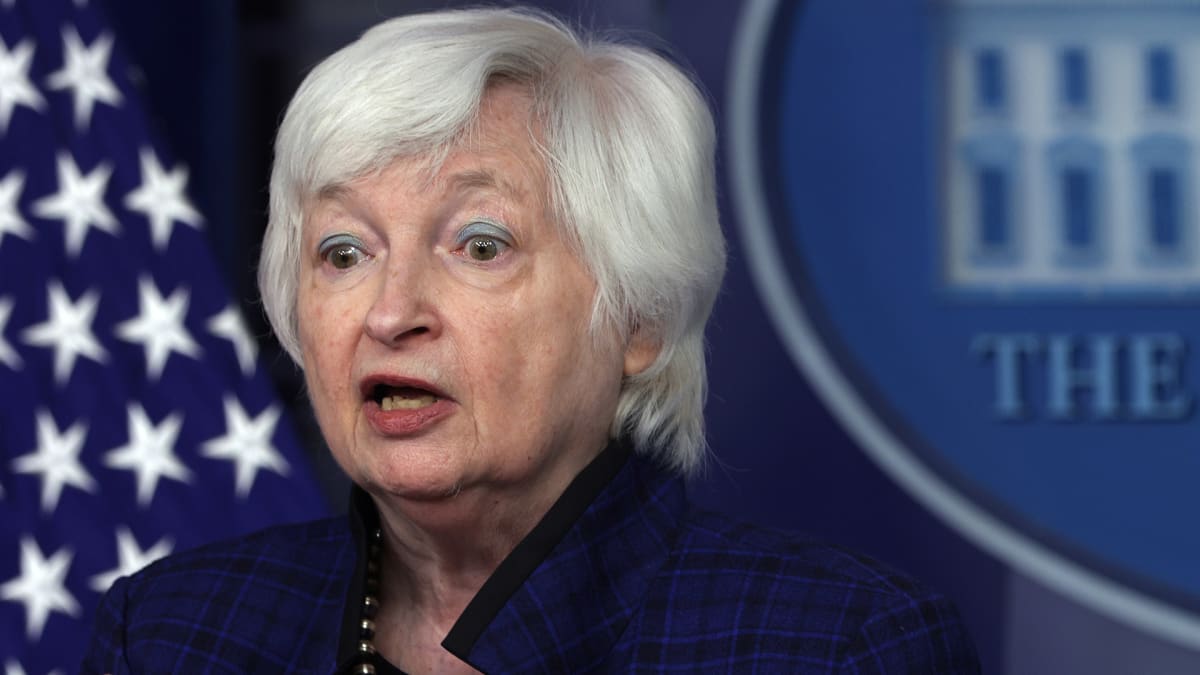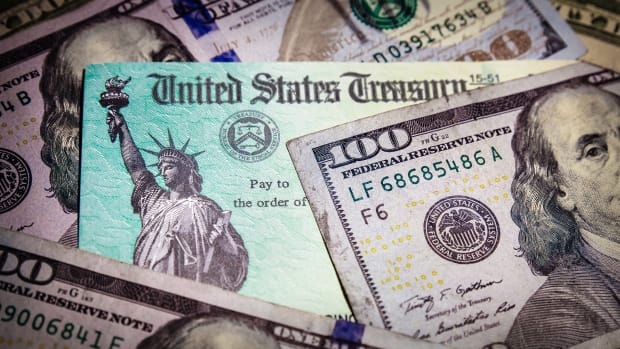
Federal regulators announced several measures on Sunday to alleviate fears that the closure of Silicon Valley Bank would impact deposits at other banks, including the fact that all depositors will receive their money.
The Federal Reserve Board said on Sunday it would make available additional funding to "help assure banks have the ability to meet the needs of all their depositors," in a statement.
DON'T MISS: SVB Collapse: Race Against Time to Avert Disaster
The move by the Federal Reserve Board "will help banks with market value issues within the securities portfolio to get some additional liquidity," Lucilio (Louie) Couto, former president and CEO at American Plus Bank in Arcadia, Calif., who was a senior bank examiner at the FDIC for 16 years, told TheStreet.

Shutterstock
Treasury Fund Backstops Banks
The $25 billion in funding from the Treasury from the Exchange Stabilization Fund will serve as a backstop for the facility program. But the Fed said it does not anticipate that it will be necessary to draw on these backstop funds.
In addition, the Fed announced that it will soften conditions at its discount window: it will apply the same margins used for the securities eligible for the BTFP, further increasing lendable value at the window.
The Fed will create a new Bank Term Funding Program (BTFP) whose purpose will be to safeguard institutions impacted by the collapse of SVB. This facility will provide loans of up to one year in length to banks, savings associations, credit unions, and other eligible depository institutions pledging U.S. Treasuries, agency debt and mortgage-backed securities, and other qualifying assets as collateral, the Fed said in a separate statement.
"This action will bolster the capacity of the banking system to safeguard deposits and ensure the ongoing provision of money and credit to the economy," the institution said, adding that it "is prepared to address any liquidity pressures that may arise."U.S. regulators announced on March 12 that all depositors of SVB, a California bank, will receive their money, thus ending a suspense that threatened to undermine the life of several startups and small businesses."
After receiving a recommendation from the boards of the FDIC and the Federal Reserve, and consulting with the President, Secretary Yellen approved actions enabling the FDIC to complete its resolution of Silicon Valley Bank, Santa Clara, Calif., in a manner that fully protects all depositors," the regulators said in a statement.
Depositors to Get Their Cash
"Depositors will have access to all of their money starting Monday, Mar. 13. No losses associated with the resolution of Silicon Valley Bank will be borne by the taxpayer," the Department of the Treasury, Federal Reserve, and the FDIC said in the joint statement.
The decision by the regulators "indicates that bank pledged assets will be valued at par," Couto said. "This really helps because banks that have a large volume of securities with market values below par are the ones that will be needing to use this facility."
The FDIC insures deposits up to $250,000, but 95% of the deposits at SVB were over that threshold and uninsured, according to regulatory filings.
Alarmed customers attempted to withdraw their money on Thursday, causing a run on the bank. While some were successful other business accounts were not, causing confusion and alarm as companies were worried about making payroll or paying their vendors.
Regulators have clearly confirmed that there will be no SVB bailout.
"No losses associated with the resolution of Silicon Valley Bank will be borne by the taxpayer," Yellen, Powell and Gruenberg said in their joint statement.
Silicon Valley Bank was one of the two banks that failed within the past four days has Wall Street on alert even though the Federal Reserve stepped in on Sunday and said all depositors would receive their money.
While the customers of the two banks varied greatly, Silicon Valley Bank in California worked with tech companies and venture capitalists and Signature Bank in New York had some crypto clients







